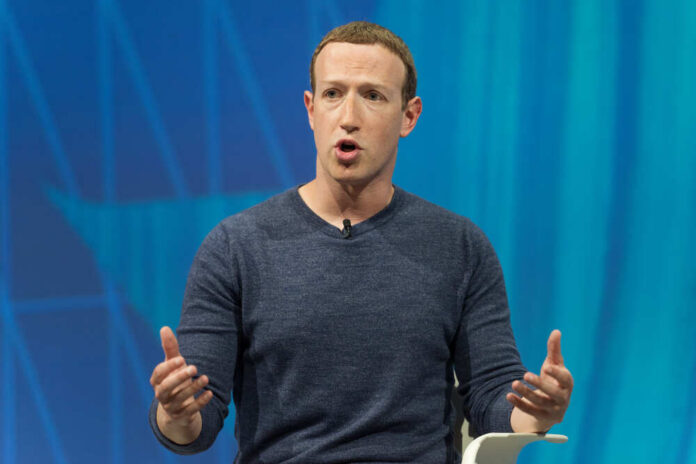
Meta, formerly known as Facebook, is reportedly considering the development of a text-based, decentralized social media network that would compete with Elon Musk’s Twitter. The project, code-named “P92,” would be a standalone app that allows users to log in using their Instagram credentials. The move is surprising given Meta’s recent focus on the metaverse concept, but it could provide the company with new and more diverse revenue streams and lessen its reliance on its leading platform.
Good. Another Zuck app I WON’T support.
Zuck Vs. Elon: Facebook May Build a Platform to Compete with Twitter https://t.co/iRSWdys5fM
— RDPierini (@RDPierini) March 10, 2023
A Meta spokesperson confirmed that the company is exploring developing a decentralized social network for sharing text updates. As a result, there is an opportunity for a new online platform where creators and public figures can share updates, news stories, and posts about their interests. Instagram CEO Adam Mosseri is reportedly in charge of the project, which would expand Meta’s product offerings beyond Facebook, WhatsApp, and Instagram into a market now dominated by Twitter.
Decentralized social networks avoid content control through central algorithms by relying on individual servers that follow a standard protocol. This system is currently used in platforms such as Mastodon or the Jack Dorsey-backed Bluesky. However, the prospects of success for Meta’s P92 project are still uncertain, as the company will compete with those already-established decentralized social networks.
Moneycontrol, which first reported the story, reported that the P92 concept is still a work in progress. It is unclear how long Meta has been developing the product or indeed whether actual development has begun. Moneycontrol also reported that Meta is exploring methods for integrating P92 with existing social networks like Twitter or Mastodon, in part by using a software protocol named ActivityPub.
The entry of Meta into the decentralized social network space is a significant development because it may threaten Twitter’s dominance in the short-form text-based social media market. It could also be seen as a way for Meta to diversify its product offerings and lessen its reliance on its main platform, which has faced criticism for issues like data privacy and misinformation.
The move could also be aimed at leftists who are outraged at Musk after he changed some of the rules on the Twitter platform.














